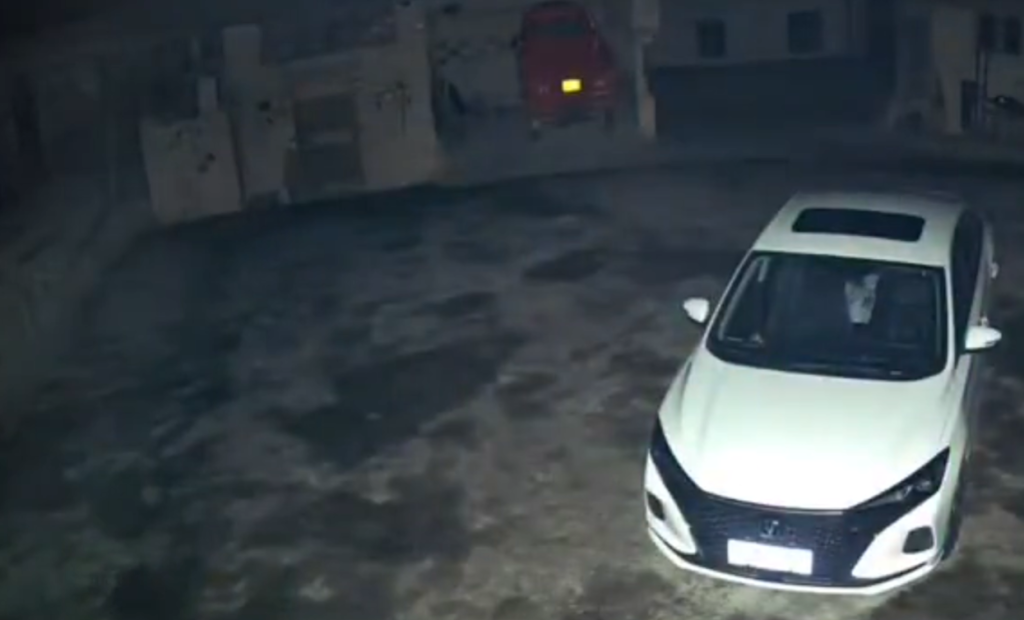The debris came down on a hillside close to homes.
Others are reading now
China has been expanding its space program at a rapid pace, launching satellites and developing advanced rockets.
Unlike other major space-faring nations that launch their rockets from coastal areas, China often uses inland launch sites.
This decision dates back to the Cold War era when security concerns led to the construction of launch centers far from the coast.
As a result, debris from Chinese rockets frequently falls over land instead of into the ocean, raising concerns about safety.
Also read
Came Down on a Hillside
A recent launch of the Long March 3B rocket, carrying the TJS-14 satellite, once again brought attention to this issue.
While the satellite reached orbit successfully, one of the rocket’s four side boosters crashed back to Earth, according to WP.
Footage from the incident shows the night sky lighting up as the booster exploded near a residential area in Zhenyuan County, Guizhou Province.
Reports indicate that the booster came down on a hillside close to homes.
The explosion was powerful enough to startle residents, and videos captured their reactions as the sky briefly turned bright.
The crash did not cause any reported casualties, but such incidents continue to raise concerns about the risks associated with China’s launch strategy.
The Long March 3B is one of China’s older rockets still in use. It runs on a fuel mixture that includes hydrazine and nitrogen tetroxide, both of which are highly toxic.
Because these rockets are launched from inland sites, their boosters often contain leftover fuel when they fall back to Earth, increasing the risk of explosions and environmental contamination.
China has taken steps to address these risks, though its approach differs from that of other space agencies.
Authorities issue advance warnings about upcoming launches and, in some cases, evacuate areas expected to be affected by falling debris. Residents are also advised to avoid contact with rocket fragments due to potential toxicity.



